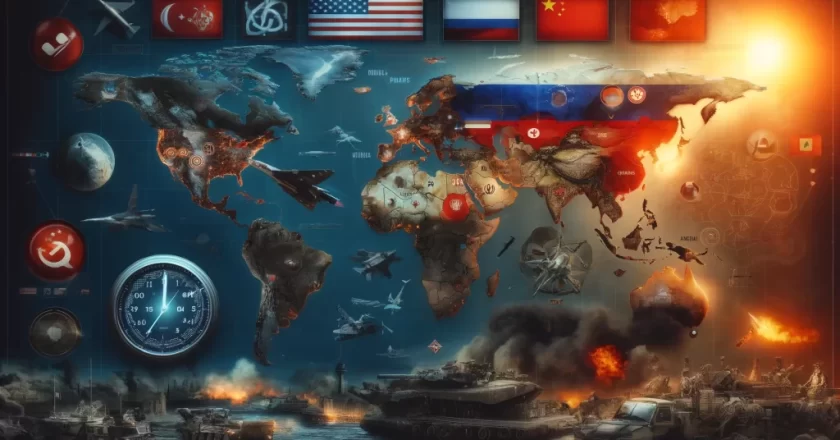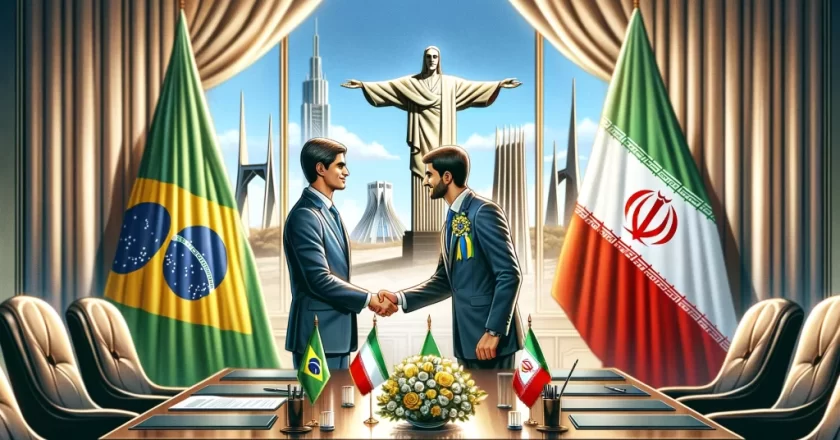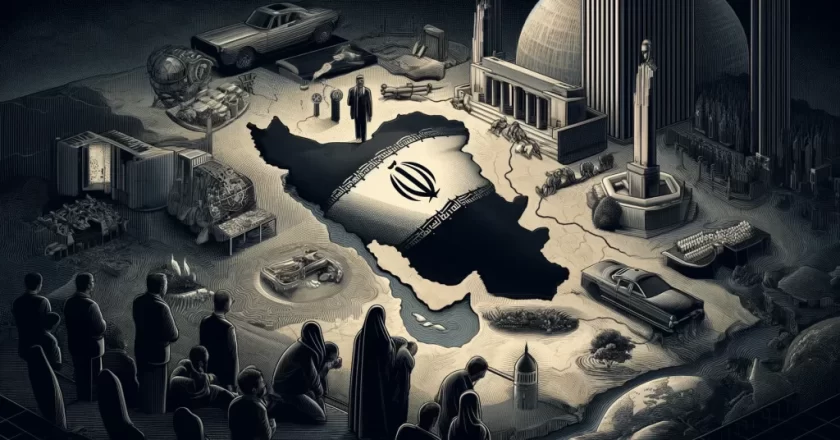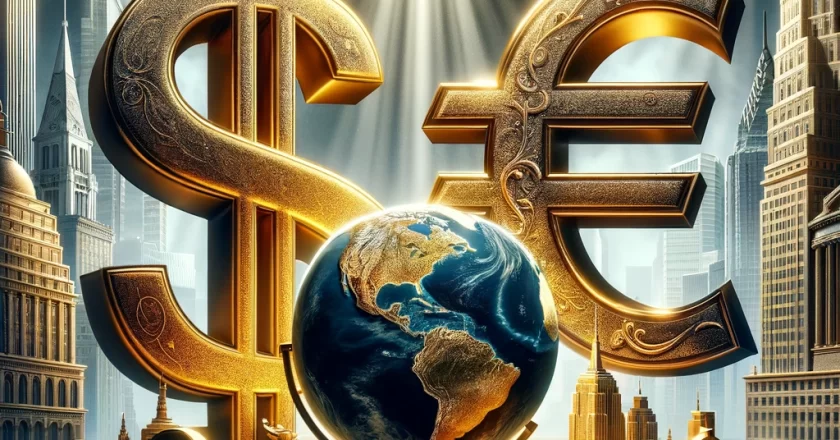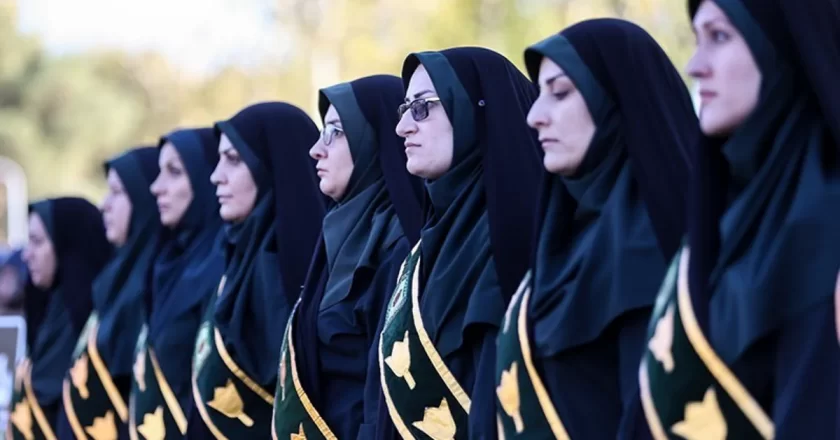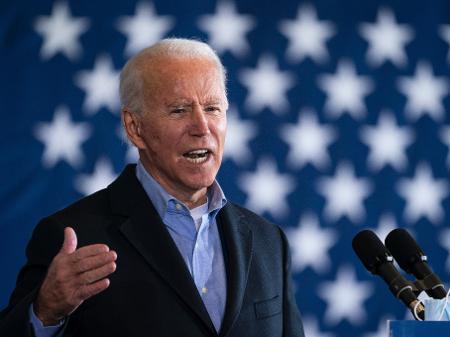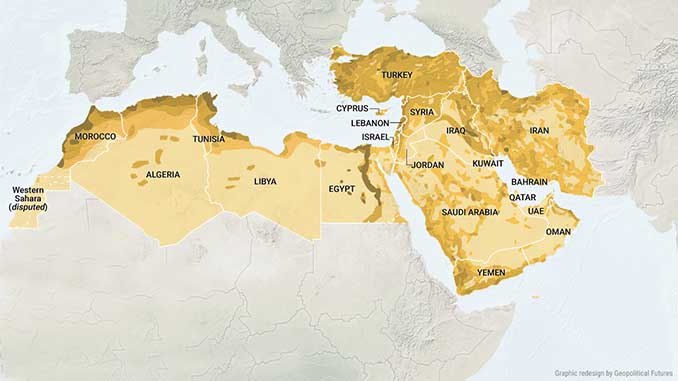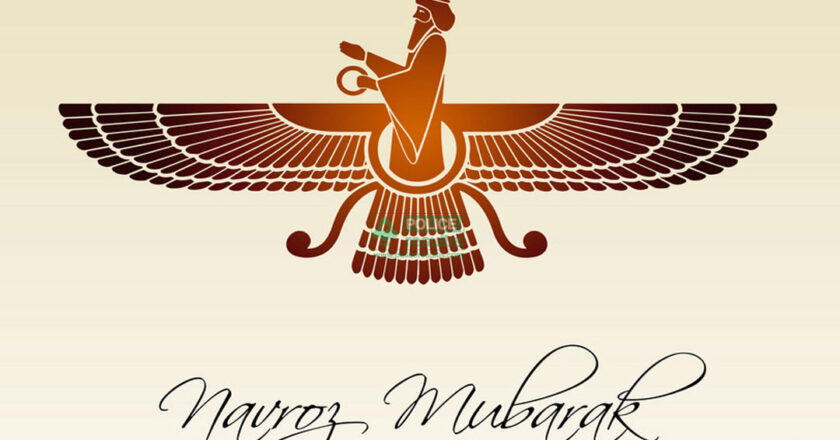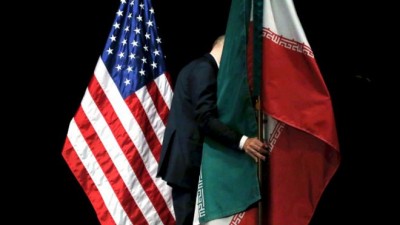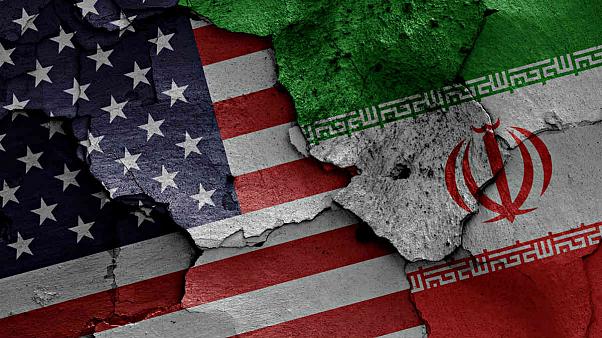Americas, Asia, China, U.S, Ethiopia, Europe, India, Will, Israel, HIM-HER-IT, International Organizations, Middle East, Central African Republic, Russia, Ukraine
The accumulated tension in the current international scenario: We are on the brink of a third world war?
The contemporary international scenario is marked by growing tensions that raise concerns about the possibility of a major global conflict., similar to the First and Second World Wars. To understand whether we are really on the brink of a third world war, It is essential to draw historical parallels and identify patterns that may indicate the repetition of destructive cycles. Among these patterns, the increase in xenophobia and geopolitical tensions stand out, that are present today in different parts of the world.
During the First World War, Europe was immersed in a web of complex alliances and conflicts of national interests, which culminated in the assassination of Archduke Franz Ferdinand in 1914 and the subsequent declaration of war. in a way ...

